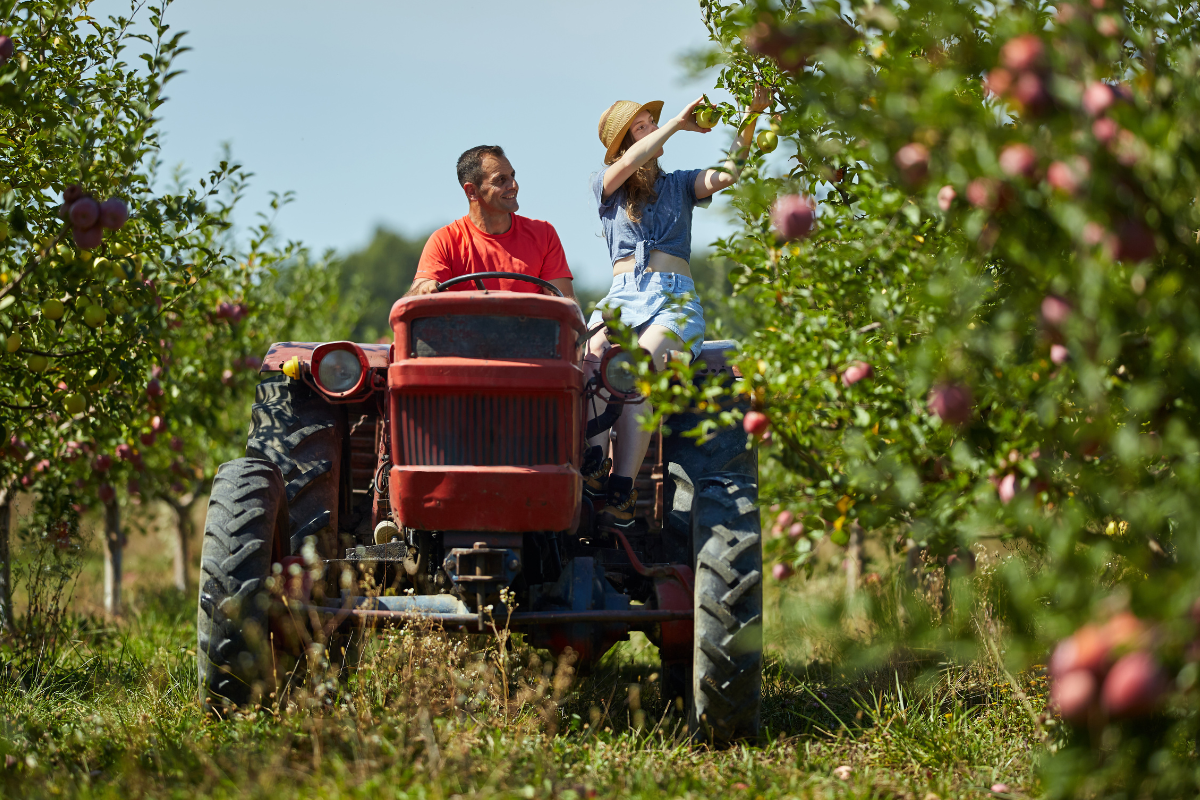Federal Policy
From our headquarters in Washington, D.C., we work on both sides of the aisle to influence federal policy. We research and advocate for innovative policy solutions. We educate members of Congress about the urgent need to protect farmland, increase conservation, build farm viability, help farmers address climate change, and support new and next-generation farmers. We engage USDA to ensure conservation programs benefit both farmers and the environment. We partner with other agricultural and conservation organizations to present a unified vision for a sustainable future.
And we do this work with the help of food and farmland advocates like you.
Scroll down to see recent updates, read about our policy proposals, and learn more about AFT’s federal policy history.





